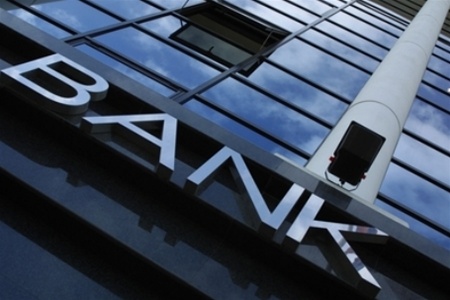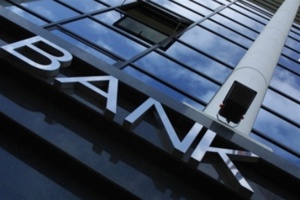Investors and central banks are actively selling Euro, leading to a further reduction in government bond yields. Thus, the yield of the German and Dutch ten-year bonds is close to 0.25%, and even figures of Italian and Spanish securities are higher by only 1 percentage point. At the same time ten-year US Treasury bonds yield is 2.13%.
In the III quarter of 2014 the volume of Euro in foreign exchange reserves of central banks of the world fell to its lowest level since the IV quarter of 2011 (the first wave of the debt crisis).
Such a drastic drop in the share sales provoked fall of Euros in world’s banks reserves by 28% compared with the peaks in mid-2009
On this background, the outflow of funds from the debt market in Europe occurred much higher that inflow of funds into regional stock markets and investment funds. Large investors preferred to sell government bonds of Eurozone countries and put them in others - much more profitable - markets (USA, Asia).
EU economy is in serious condition, it has not recovered after the crisis of 2008, while the US economy is fully restored and shows good growth rates. From the beginning, the single European currency depreciated by 12%, reaching its lowest level since 2003, but apparently the ECB does not seem to mind this. The weaker currency helps exporters in the region and stimulates much-needed inflation.
The combination of extremely low yields and the weakening currency is not very attractive to foreign holders of government bonds in the Eurozone. From which it follows that the sale of the private sector can have a negative impact on the redemption of the ECB. However, banks, insurance companies and pension funds, as required by the regulator, must in any case keep government bonds. In other words, there is quite a lot of buyers for whom the rate of return is not important.
According to Deutsche Bank, the ECB (in the background of a large current account surplus in Germany) will have global consequences, which can be characterized as "an excess of Euro" (euro glut).
It is worth noting that the euro exchange rate, which has been at a fairly high level for many years relative to other world currencies, in just six months fell to near parity with US dollar, began to decline against the yen and was able to "kill" a sudden jump of the Swiss franc. The reason for this reduction is well known - the European Union and the European Central Bank on March 9 began a program of quantitative easing, which will last until September 2016. In its course more than $ 1 trillion. eur. will be further produced in the monetary circulation of Europe.
Of course, such a serious issue volume could not help but reduced the rate of European currencies, especially regarding the fact that the US completed its program of quantitative easing back in 2013.
In the III quarter of 2014 the volume of Euro in foreign exchange reserves of central banks of the world fell to its lowest level since the IV quarter of 2011 (the first wave of the debt crisis).
Such a drastic drop in the share sales provoked fall of Euros in world’s banks reserves by 28% compared with the peaks in mid-2009
On this background, the outflow of funds from the debt market in Europe occurred much higher that inflow of funds into regional stock markets and investment funds. Large investors preferred to sell government bonds of Eurozone countries and put them in others - much more profitable - markets (USA, Asia).
EU economy is in serious condition, it has not recovered after the crisis of 2008, while the US economy is fully restored and shows good growth rates. From the beginning, the single European currency depreciated by 12%, reaching its lowest level since 2003, but apparently the ECB does not seem to mind this. The weaker currency helps exporters in the region and stimulates much-needed inflation.
The combination of extremely low yields and the weakening currency is not very attractive to foreign holders of government bonds in the Eurozone. From which it follows that the sale of the private sector can have a negative impact on the redemption of the ECB. However, banks, insurance companies and pension funds, as required by the regulator, must in any case keep government bonds. In other words, there is quite a lot of buyers for whom the rate of return is not important.
According to Deutsche Bank, the ECB (in the background of a large current account surplus in Germany) will have global consequences, which can be characterized as "an excess of Euro" (euro glut).
It is worth noting that the euro exchange rate, which has been at a fairly high level for many years relative to other world currencies, in just six months fell to near parity with US dollar, began to decline against the yen and was able to "kill" a sudden jump of the Swiss franc. The reason for this reduction is well known - the European Union and the European Central Bank on March 9 began a program of quantitative easing, which will last until September 2016. In its course more than $ 1 trillion. eur. will be further produced in the monetary circulation of Europe.
Of course, such a serious issue volume could not help but reduced the rate of European currencies, especially regarding the fact that the US completed its program of quantitative easing back in 2013.






